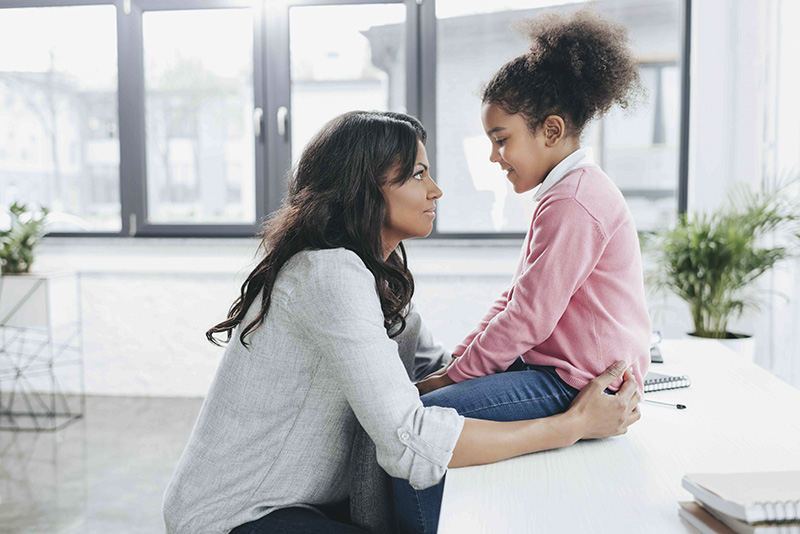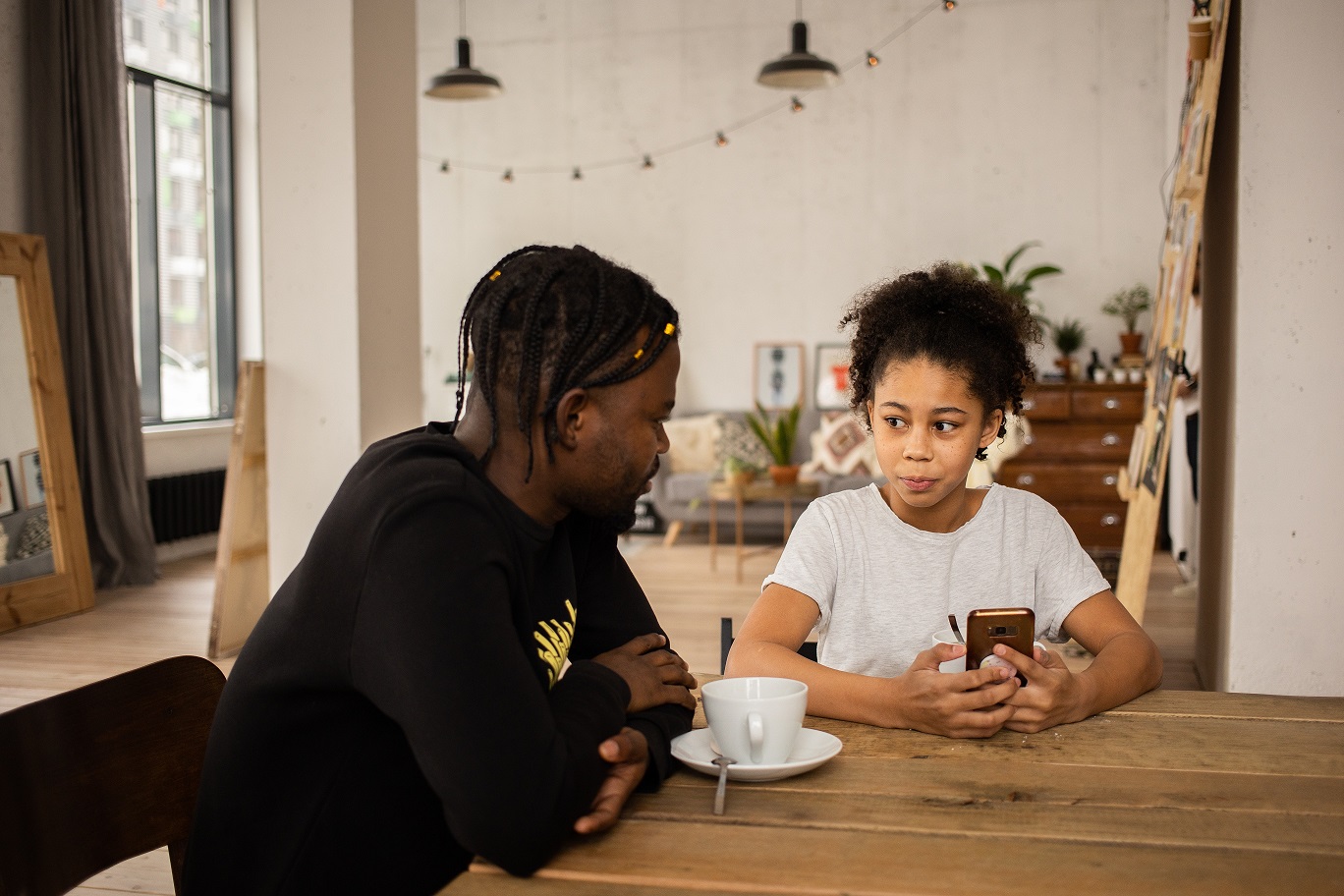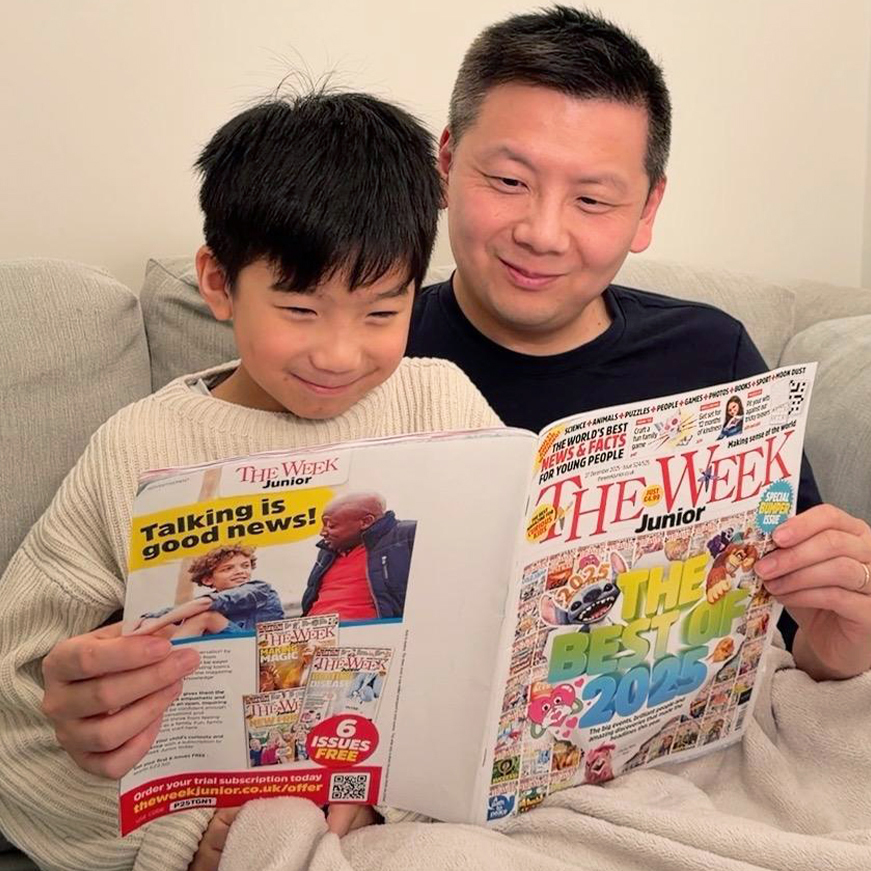What to do if the news is upsetting you

The news is sometimes upsetting and, much as you might prefer to not know about some events, they can be hard to avoid when they are being reported on the TV and radio, online and in the newspapers. The headlines can be dramatic – and it is very normal to feel worried or upset if you see something that is scary or sad. Make sure that you talk to a parent or an adult you trust if you are unhappy or anxious about what you are hearing and seeing.
At times like this it is important to remember:
- The reason that events like these are in the news is because they are not normal, everyday occurrences. The fact that you are worried or upset by what’s happened is a natural reaction.
- Bad news often makes headlines so it is easy to assume that is all there is, but there is plenty of good news too. Have a look inside this week’s issue of The Week Junior and you’ll find all sorts of inspiring, exciting and positive news stories, along with the more serious ones.
- Bottling up your feelings can make them overwhelming so if you are upset, talking about your feelings to a parent or a trusted adult will make you feel better. If you don’t feel like confiding in someone try writing down how you feel instead, or draw a picture to express your emotions. It will make a difference.
- Don’t dwell on bad news. If you are feeling anxious or unhappy remind yourself of times when you have felt happy or something that makes you smile, or do something that will take your mind off it. Reading a book, drawing a picture, playing a game, riding your bike, hanging out with a friend or even just getting out in the garden will force you to think about something different.
Do you need more help?

It’s normal to feel sad or worried for a little while after hearing bad news but if you are having trouble sleeping or your feelings are affecting how you behave or making you feel unwell then make sure you ask for help. If you don’t feel able to talk to a parent or a teacher about this, charities such as Childline, the NSPCC and Young Minds will be able to offer expert advice and guidance.
You can contact Childline for free on 0800 1111.

